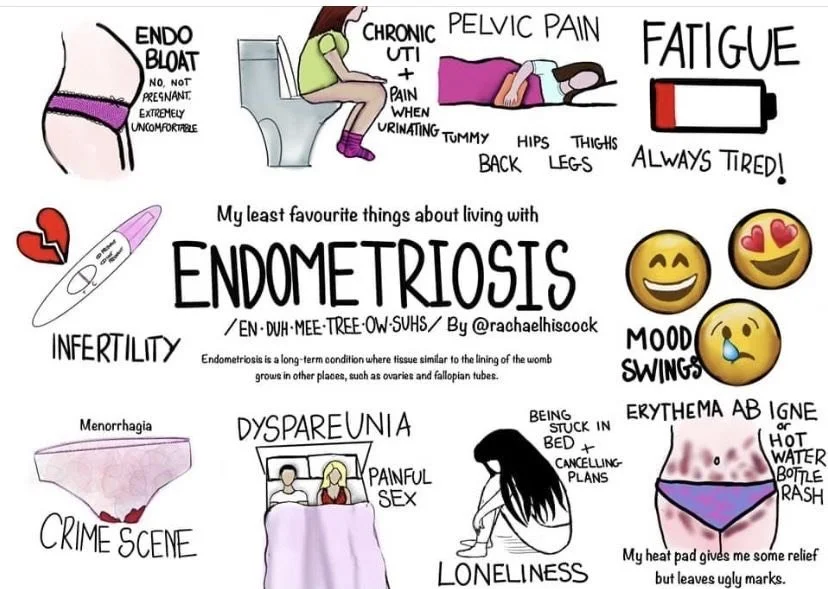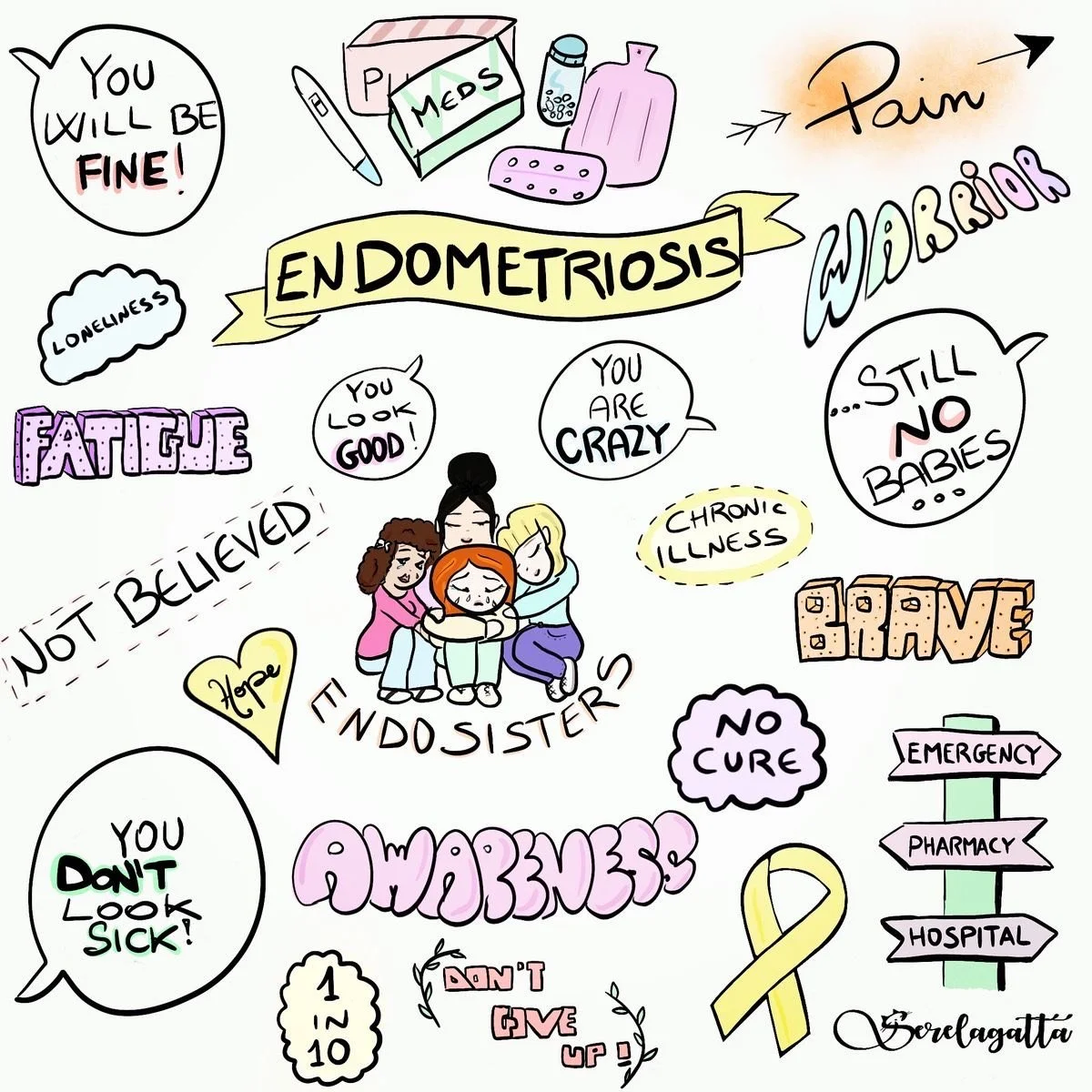Why We Need to Stop Whispering About Endometriosis
Endometriosis affects one in ten people who menstruate, yet most people can't even pronounce it correctly, let alone understand its devastating impact. This chronic condition, where tissue similar to the uterine lining grows outside the uterus, causes debilitating pain that can leave people bedridden, infertile, and fighting for basic recognition that their suffering is real. Despite affecting roughly 190 million people worldwide; as many as diabetes; endometriosis remains shrouded in whispers, medical dismissal, and a silence so profound that the average diagnosis takes 7 to 12 years. We're not just failing to talk about endometriosis; we're failing the millions of people whose lives are being destroyed while we look the other way.
The silence surrounding endometriosis isn't accidental; it's systemic. When people seek help for excruciating period pain, they're told it's "normal," that they should "just take some ibuprofen," or that they're being "dramatic." Medical professionals, often lacking adequate training about the condition, dismiss symptoms that don't fit neat categories, leaving patients to suffer in isolation. This medical gaslighting is compounded by cultural taboos around menstruation and reproductive health that make it nearly impossible to advocate for proper care. The result is a vicious cycle where people internalize the message that their pain doesn't matter, while researchers receive inadequate funding and medical schools barely cover the condition in their curricula. Every day of silence means more people losing jobs, relationships, fertility, and hope.
Breaking the silence around endometriosis requires nothing less than a revolution in how we talk about reproductive health. We need medical professionals who listen to and believe patients, researchers who prioritize this condition, and a culture that stops treating menstrual pain as an inevitable burden to bear quietly. Most importantly, we need people with endometriosis to know they're not alone, not broken, and not asking for too much when they demand answers, treatment, and respect. The whispers must become roars, the dismissals must become action, and the silence must end. Only when we speak loudly and consistently about endometriosis will we begin to address the crisis hiding in plain sight, affecting millions who deserve so much better than our collective indifference.

